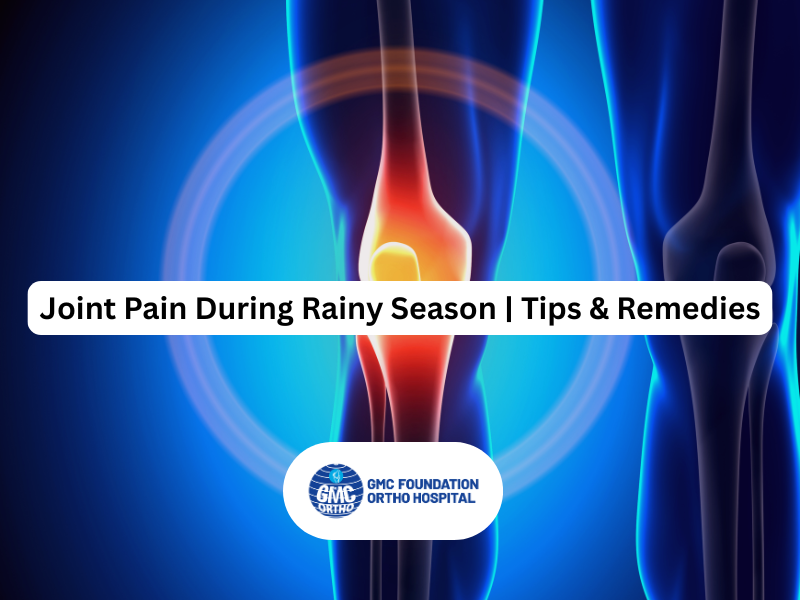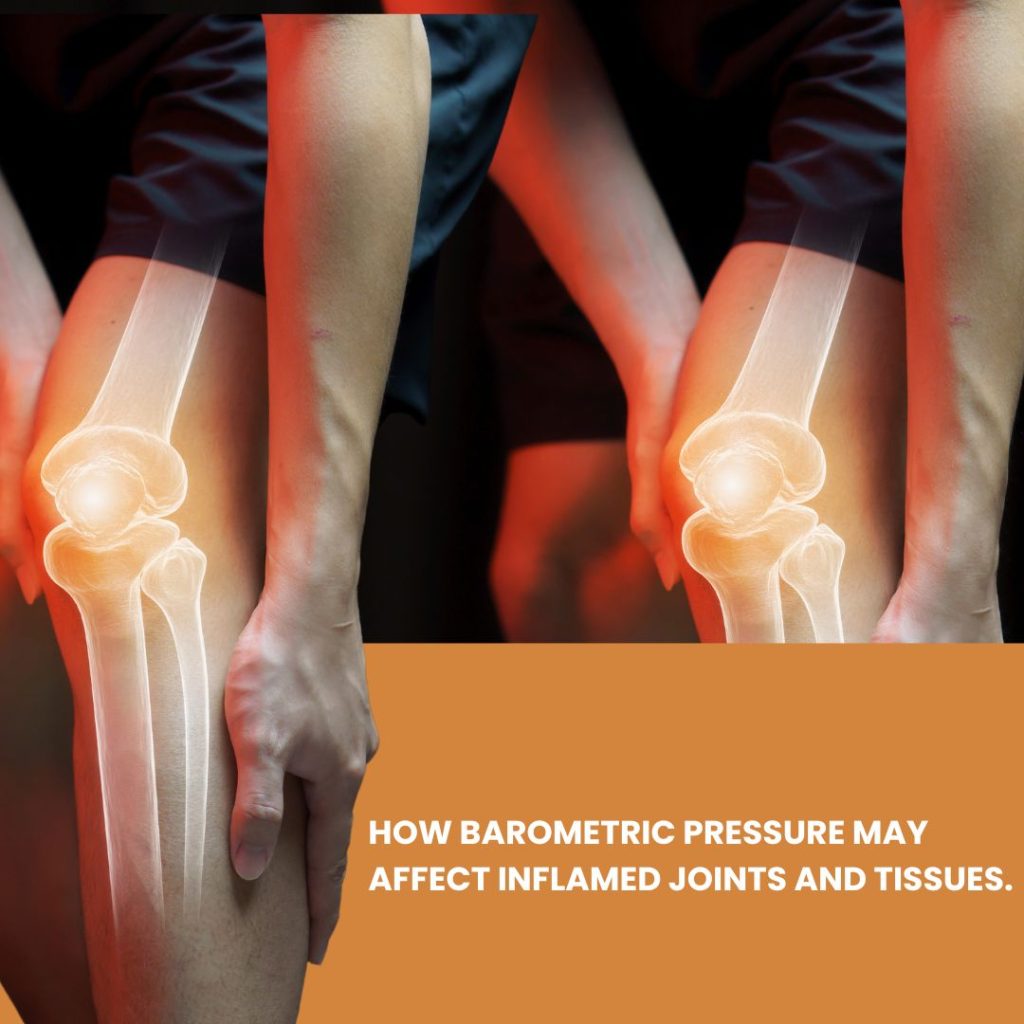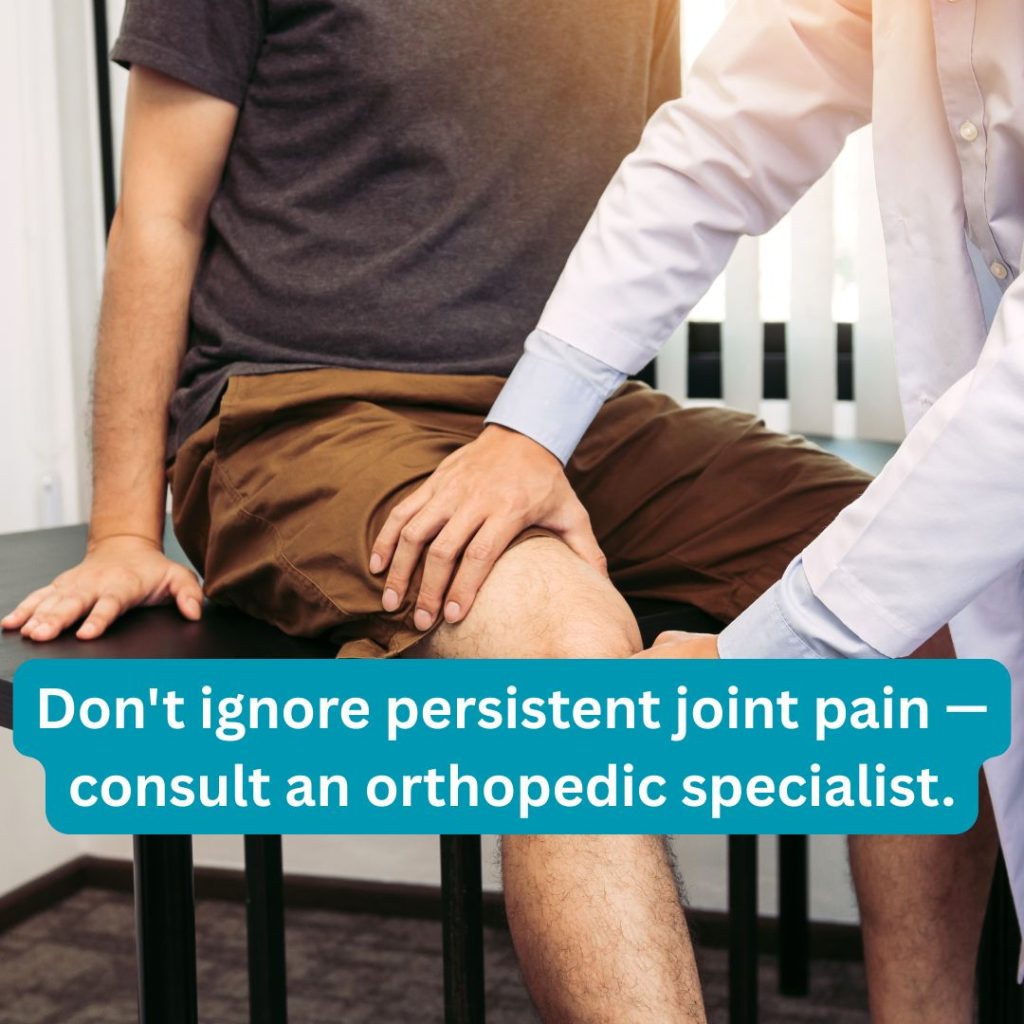9633789014




East Nadakkave, Kozhikode, 673011 9633789014
Book an Appointment
Note: This is an appointment request only Depending on the availability of the consultant, appointment will be confirmed to you through mail/call The appointment requests can be made minimum 48 hrs in advance

Joint Pain During Rainy Season | Tips & Remedies
June 3, 2025Why Joint Pain Worsens During the Rainy Season – Causes, Tips & Remedies
Published by : gmc ortho hospital
Introduction
Do your knees or back start to ache just before it rains? You’re not imagining things. Many people, especially those with arthritis or past injuries, report worsening joint pain during the rainy or monsoon season. While the exact science is still debated, several factors contribute to increased discomfort during this time of year. In this blog, we’ll explore why joint pain worsens in wet weather, who is most at risk, and how you can manage the symptoms naturally and medically.Why Does Joint Pain Increase in the Rainy Season?
1. Drop in Barometric Pressure
Barometric (or atmospheric) pressure drops before a storm. This can cause tissues around joints to expand, increasing pressure on the nerves and joints, especially in inflamed areas.2. Cold and Damp Weather
Cool, moist conditions can stiffen joints and muscles, making movement more painful — particularly in conditions like osteoarthritis or rheumatoid arthritis.3. Reduced Physical Activity
Rainy days often mean less outdoor movement, leading to stiffness and weakening of the muscles around joints.4. Inflammation Triggers
High humidity and low temperature can contribute to inflammation in joints, especially in people with pre-existing joint problems.
Who Is Most at Risk?
- People with arthritis (osteoarthritis or rheumatoid arthritis)
- Individuals with previous joint injuries (e.g., fractures, sprains)
- Elderly people with naturally worn cartilage
- People who are sedentary or overweight
Common Joint Complaints During Rainy Season
- Knee pain
- Lower back pain
- Hip stiffness
- Shoulder discomfort
- Swelling in fingers and ankles
How to Manage Joint Pain During Rainy Season
🧘♀️ 1. Stay Active Indoors
Avoid long periods of inactivity. Try:- Gentle stretching or yoga
- Walking indoors
- Physiotherapy exercises
💧 2. Keep Joints Warm and Dry
Moisture and cold can stiffen joints. Use:- Warm compresses or heating pads
- Knee/elbow warmers
- A warm bath or shower in the morning
🥗 3. Eat Anti-Inflammatory Foods
Support your joints from the inside out with foods that reduce inflammation:- Fatty fish (rich in Omega-3)
- Turmeric and ginger
- Leafy greens
- Nuts and seeds
- Berries
💊 4. Use Medications When Needed
Over-the-counter pain relievers or doctor-prescribed anti-inflammatories can help manage acute pain. Always consult your orthopedic doctor before self-medicating. For arthritis patients, regular check-ups are essential to adjust medications as needed during the monsoon.🧴 5. Try Topical Pain Relief
Balms, gels, or sprays with ingredients like menthol, camphor, or diclofenac can offer temporary relief.🧍♂️ 6. Maintain a Healthy Weight
Excess weight puts additional pressure on joints, especially knees and hips. A balanced diet and regular exercise can reduce pain over time.🛏 7. Improve Your Sleeping Posture
Use orthopedic pillows or mattresses that support your back and joints properly. Sleeping in the right position reduces nighttime stiffness and discomfort.When to See an Orthopedic Doctor
Seek medical advice if:- Pain is severe or persistent
- Joints are swollen or red
- You notice limited range of motion
- There’s numbness, tingling, or signs of infection

Conclusion
Rainy weather can bring a dip in mood — and unfortunately, a spike in joint pain. But with a few simple lifestyle adjustments, natural remedies, and professional care, you can manage this seasonal discomfort effectively. Don’t let the monsoon slow you down. Take care of your joints — they carry you through life!✅ Quick Tips Summary
| Tip | Action |
|---|---|
| Stay Active | Stretch, walk indoors |
| Keep Warm | Use warm compresses and wear joint sleeves |
| Eat Right | Choose anti-inflammatory foods |
| Seek Help | See an orthopedic specialist if pain persists |
